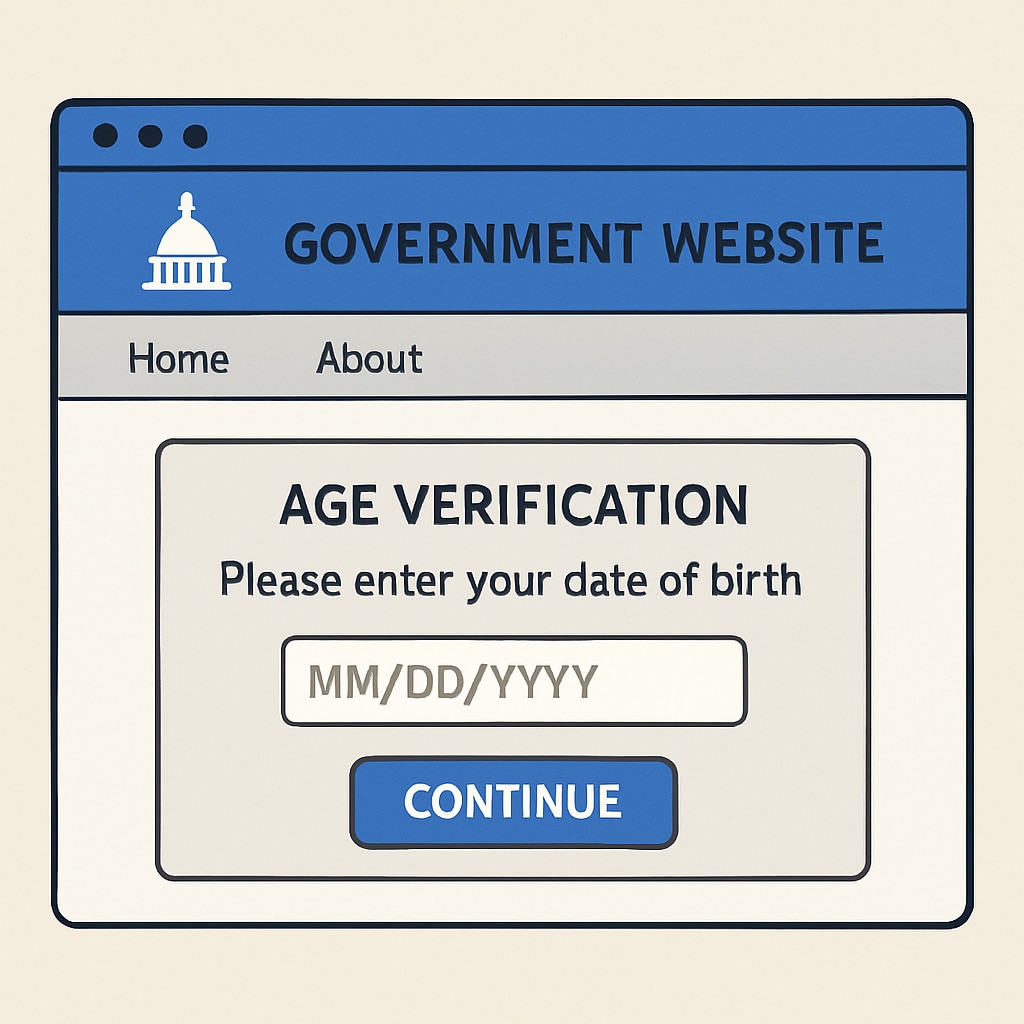Age verification, content restrictions, and website responsibility have become significant topics in U.S. education as multiple states implement new regulations for online content. These laws aim to protect minors from harmful material, but they also unintentionally challenge K12 students’ access to diverse educational resources. Balancing protection and freedom remains a critical issue for educators, policymakers, and families.

How Age Verification Laws Affect Educational Access
Age verification measures often require users to submit personal information, such as government-issued IDs, to access certain websites. While these laws intend to shield minors from inappropriate material, they can inadvertently block websites that provide valuable educational resources. For example, platforms hosting literature, historical documents, or scientific content may face restrictions because some materials are deemed unsuitable for younger audiences.
As a result, K12 students may encounter barriers when researching topics for school assignments or exploring areas of personal interest. This raises concerns about the long-term implications for fostering intellectual curiosity and critical thinking among young learners.
Balancing Protection and Knowledge Access
The implementation of content restrictions should be carefully designed to avoid limiting students’ access to essential educational material. Policymakers must distinguish between harmful content and age-appropriate information that contributes to learning. In addition, educators can play a pivotal role by advocating for more nuanced approaches to these regulations.
Potential solutions include:
- Creating exemptions for verified educational platforms.
- Developing robust parental controls that allow families to tailor access based on individual needs.
- Collaborating with website administrators to label content more accurately.
Protecting minors should not come at the cost of hindering their growth and education. Therefore, finding this balance is essential.

The Role of Website Responsibility in Education
Website administrators also play a crucial role in navigating age verification laws. By implementing transparent policies and user-friendly verification methods, they can ensure compliance while minimizing disruptions to legitimate users. For example, platforms hosting educational resources can introduce tiered access systems where basic content remains open, and sensitive material requires verification.
Moreover, broader collaboration between educational institutions and technology providers can lead to innovative solutions. For instance, dedicated educational gateways could be developed to bypass restrictions while maintaining safety standards.
Content filtering on Wikipedia offers insight into how tools can be used to balance access and safety. Additionally, Internet regulation on Britannica explores the broader implications of online restrictions.
Looking Ahead: Policy Revisions for Equitable Access
As age verification laws continue to evolve, policymakers must consider their impact on educational equity. Students from marginalized communities may face greater challenges if access to online resources becomes overly restricted. Therefore, policy revisions should prioritize inclusivity and adaptability.
Ultimately, the key lies in collaboration between educators, lawmakers, and website administrators. By working together, they can ensure that age verification laws protect minors without compromising their educational opportunities.
Readability guidance: This article uses concise paragraphs, lists for summarizing key points, and balanced sentence structures. It includes transitional words to improve flow and ensure clarity. The goal is to present a clear, well-structured discussion of the topic.


